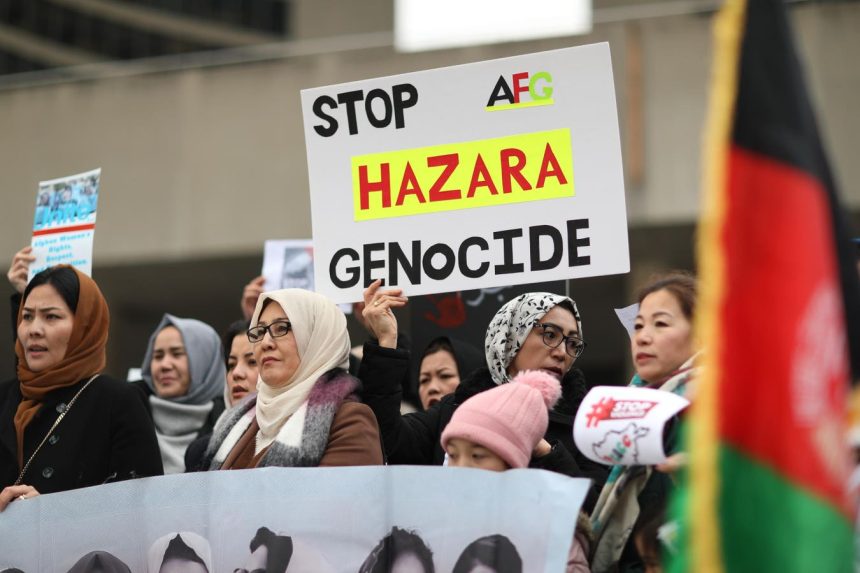The Taliban’s “regeneration program” in Kabul, initiated after their return to power in August 2021, has been exposed as a brutal campaign of demolition and displacement disproportionately affecting vulnerable minority communities, particularly the Hazara and Tajik populations. A collaborative investigation by The Guardian, the Centre for Information Resilience’s Afghan Witness project, Lighthouse Reports, and Afghan news outlets Zan Times and Etilaat Roz, revealed that 1.56 square kilometers (385 acres) of Kabul have been razed, accompanied by alleged human rights abuses, including killings and the silencing of those attempting to document the destruction. While the Taliban frames these actions as urban redevelopment, the investigation points to a more sinister motive, raising concerns about ethnic cleansing given the concentrated impact on specific minority groups.
Satellite imagery analysis conducted by Afghan Witness reveals a stark pattern: three of the six most affected districts were predominantly Hazara, and two were largely Tajik. The Taliban’s purported offer of compensation contingent on legal proof of land ownership rings hollow, as the authorities simultaneously declare 80% of land ownership deeds invalid, effectively rendering a vast segment of the population vulnerable to dispossession under the guise of legal compliance. This systemic disenfranchisement has left countless families homeless and destitute, with women particularly vulnerable in the Taliban’s oppressive regime, which enforces strict segregation and subjugation of females.
The targeting of the Hazara community is not a new phenomenon. Their persecution has been a long-standing issue in Afghanistan, with a history of violence and discrimination stretching back over a century. The Taliban’s resurgence has exacerbated this persecution, prompting the American Bar Association (ABA) in August 2024 to adopt a resolution urging international recognition of the ongoing genocide against the Hazara people. The ABA’s findings highlight a pattern of systematic violence and persecution, emphasizing the urgent need for intervention. While the Hazara face an existential threat, other religious minorities have been driven to near extinction, forced to flee or go into hiding under the Taliban’s oppressive rule.
The international community has begun to acknowledge the gravity of the situation, with calls for investigations and accountability. In 2022, British politicians appealed to the International Criminal Court (ICC) to investigate the Taliban’s crimes against ethnic and religious minorities, and urged the International Court of Justice (ICJ) to address Afghanistan’s breaches of the UN Genocide Convention. Similar calls were echoed by Canadian parliamentarians in 2024. These appeals underscore the growing international concern over the Taliban’s actions and the urgent need for legal action to prevent further atrocities.
Despite these appeals, concrete action from the ICC and ICJ remains pending. The ICC is actively investigating the situation in Afghanistan, with the Chief Prosecutor indicating that arrest warrants, likely related to the crime against humanity of gender persecution, are forthcoming. Six countries have officially referred the situation in Afghanistan to the ICC, strengthening the Court’s mandate to investigate. While progress is being made on the gender persecution front, the potential genocide against the Hazara and other minorities has yet to be specifically addressed by the ICC.
While the plight of Afghan women and girls has garnered significant international attention and spurred legal action, the equally dire situation of minority communities, especially the Hazara, requires urgent and parallel action. The targeting of the Hazara, as documented by the collaborative investigation, constitutes a grave human rights crisis. The international community must move beyond mere condemnation and take concrete steps to investigate, document, and hold the Taliban accountable for these atrocities. The systematic demolition of homes, coupled with the dispossession and persecution of minority groups, warrants immediate international intervention to protect vulnerable populations and prevent further human rights abuses. Failure to act decisively risks emboldening the Taliban and allowing the ongoing persecution of the Hazara and other minorities to escalate into a full-blown genocide.



